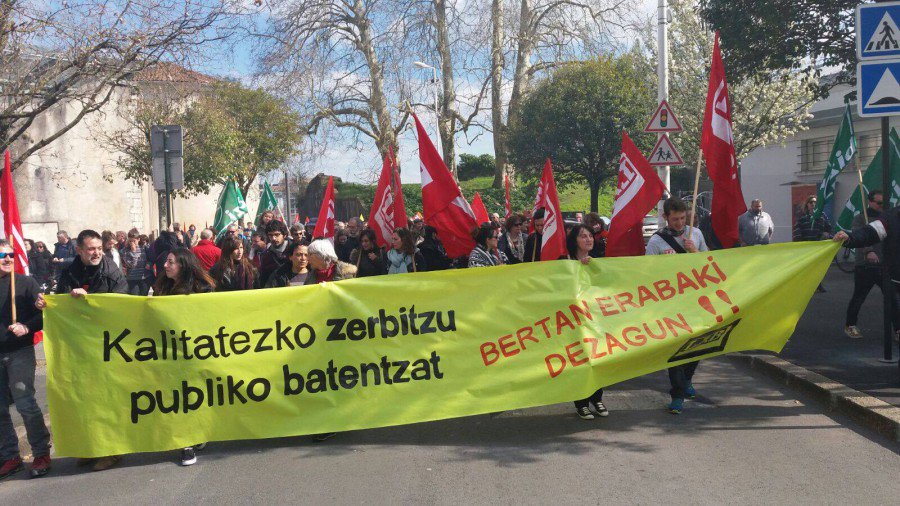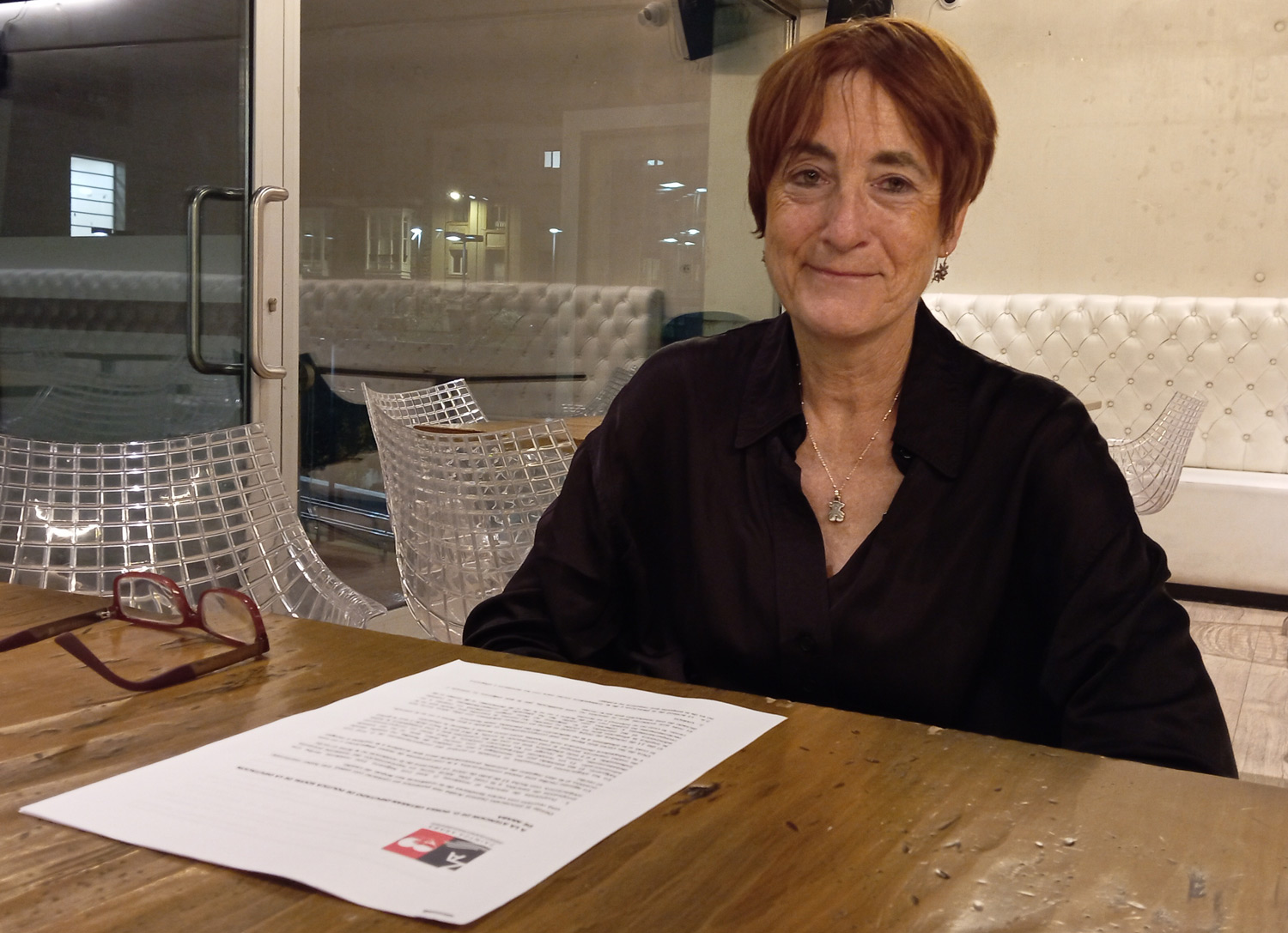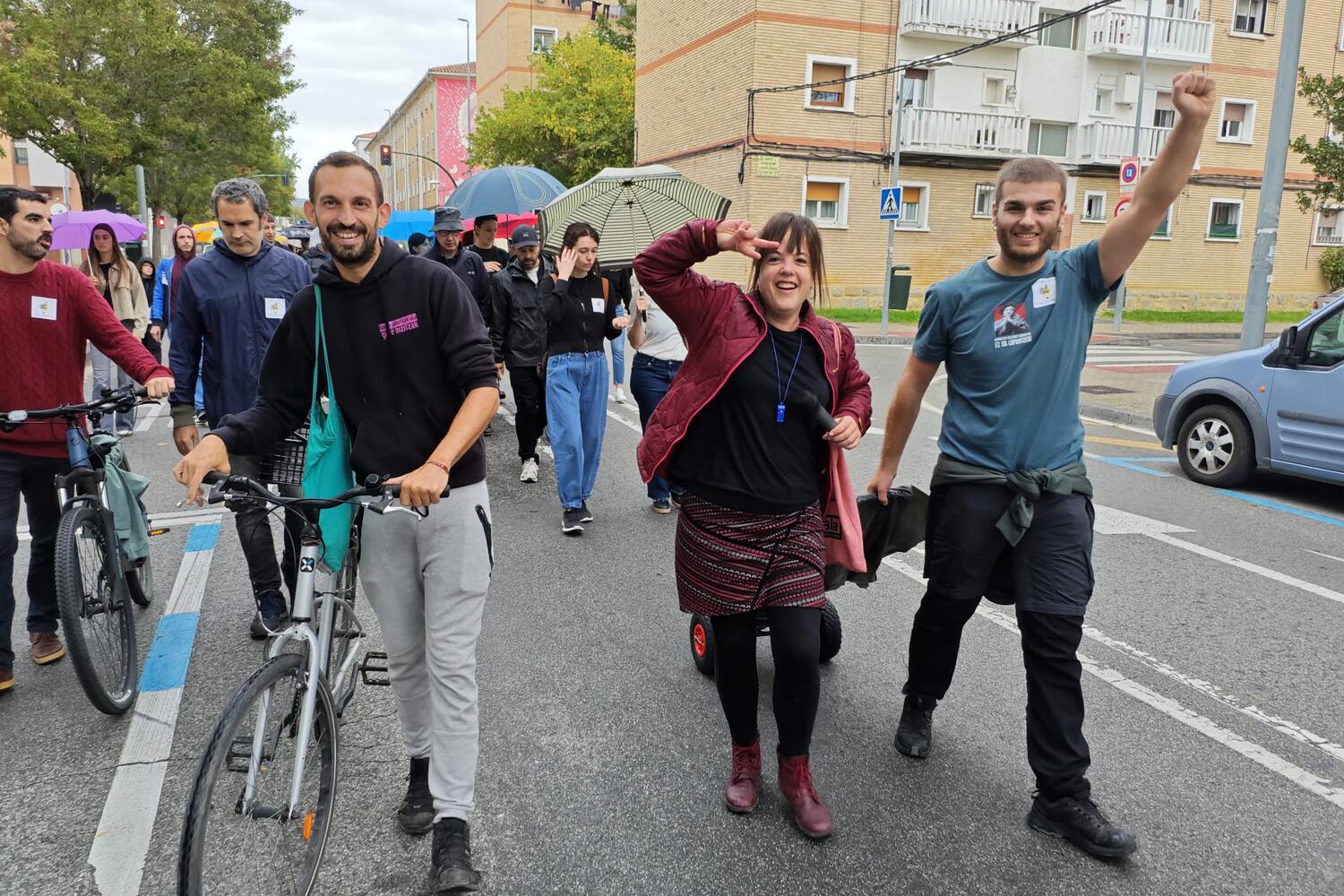To destroy the virus... spend
- The gurus of the world economy (the International Monetary Fund, the OECD, the World Bank…) have rejected the dilemma between health and the economy as false and have admitted that the priority is to end the virus. To this end, they have encouraged world economies to spend on this struggle, without worrying about debt ratios over GDP. Those gurus are agile because they know that the economy can't work with the virus.

Secretary General for Economic Cooperation and Development (OECD), Ángel Gurría, said that "the dilemma between health and the economy is false, let us not waste any more time... we must use all the resources to deal with and mitigate the pandemic". With the pessimistic experience in managing the 2008 crisis, the War has pointed out the following: "When the IMF says it continues to spend, they have not gone crazy, they understand – and we understand – that the priority is to end the virus. The problem with this crisis is that every passing day it continues to leave an economic, financial and social trail. Spending on dealing with the virus or alleviating appearances is much more productive, more useful and cheaper than letting go and being concerned about debt ratios over GDP."
Governments, therefore, always true to the orientations of these world organizations, are now aware of this. Today, the priority is not to save the economy, but to make the necessary expenditure to end the pandemic: more doctors and nurses, better primary care, better medicalized residences, investing in health products, economic and social mattress for working people forced to leave their jobs, better care for people in situations of social exclusion and for economic and political migrants living in overcrowded conditions.
Meanwhile, they should forget the debt and eliminate the expenses of the Pharaonic works (TAV, San Sebastian metro, new Guggenheim...), as well as all the expenses related to the military industry that are still growing unintelligible.
The article La motosierra puede ser tentadora, written in recent days by the lawyer Larraitz Ugarte, has played an important role in a wide sector. It puts on the table some common situations within the public administration, including inefficiency, lack of responsibility and... [+]
Lantegia espazioa, Esperantza liburutegia, Arte Ederren Museoko eta Euskal Museoko lanak, Urdaibaiko Guggenheim proiektua... Ugari dira Bilbon eta Bizkaian kulturaren ikuspegi utilitarista eta pribatizazioa agerian uzten dituzten adibideak. Alde Zaharreko haur eta gazteentzako... [+]
Danimarkatik iritsi zaigu berria: 400 urtez estatuak eskainitako zerbitzua etengo du PostNord enpresa publikoak, eta eskutitzak banatzeari utziko dio 2025 urtea amaitzean. Gobernuak adierazi du enpresa publikoak negozioa paketeak banatzera bideratuko duela. Bi arrazoi eman ditu... [+]
Kritika artean abiatu dira Gasteizko Arana klinika zena Nazioarteko Babes Harrera Zentro bilakatzeko obrak. Ez auzokideak, ez errefuxiatuekin lan egiten duten gobernuz kanpoko erakundeak, ez PSEz bestelako alderdi politikoak ez daude ados proiektuarekin: makrozentroen ordez,... [+]
“Posta publikoa eta kalitatezkoa. Eskubideen aldeko Hitzarmen eta Akordio baten alde” aldarrikapenarekin, LAB, ESK eta ELA sindikatuek lan-baldintzak eta posta-zerbitzu publikoaren kalitatea defendatzeko mobilizazioa egin zuten atzo, hilak 12, Bilboko Eliptika Plazan.
Bilboko Udalak zerbitzu publikoak pribatizatzen jarraitzen duela salatu du Bilboko Liburuzainen kolektiboak, besteak beste, kulturari loturiko zerbitzuak. Horren harira, mahai-ingurua antolatu dute martxoaren 3an Bidebarrieta liburutegian, Kulturaren pribatizazioa izenburupean.









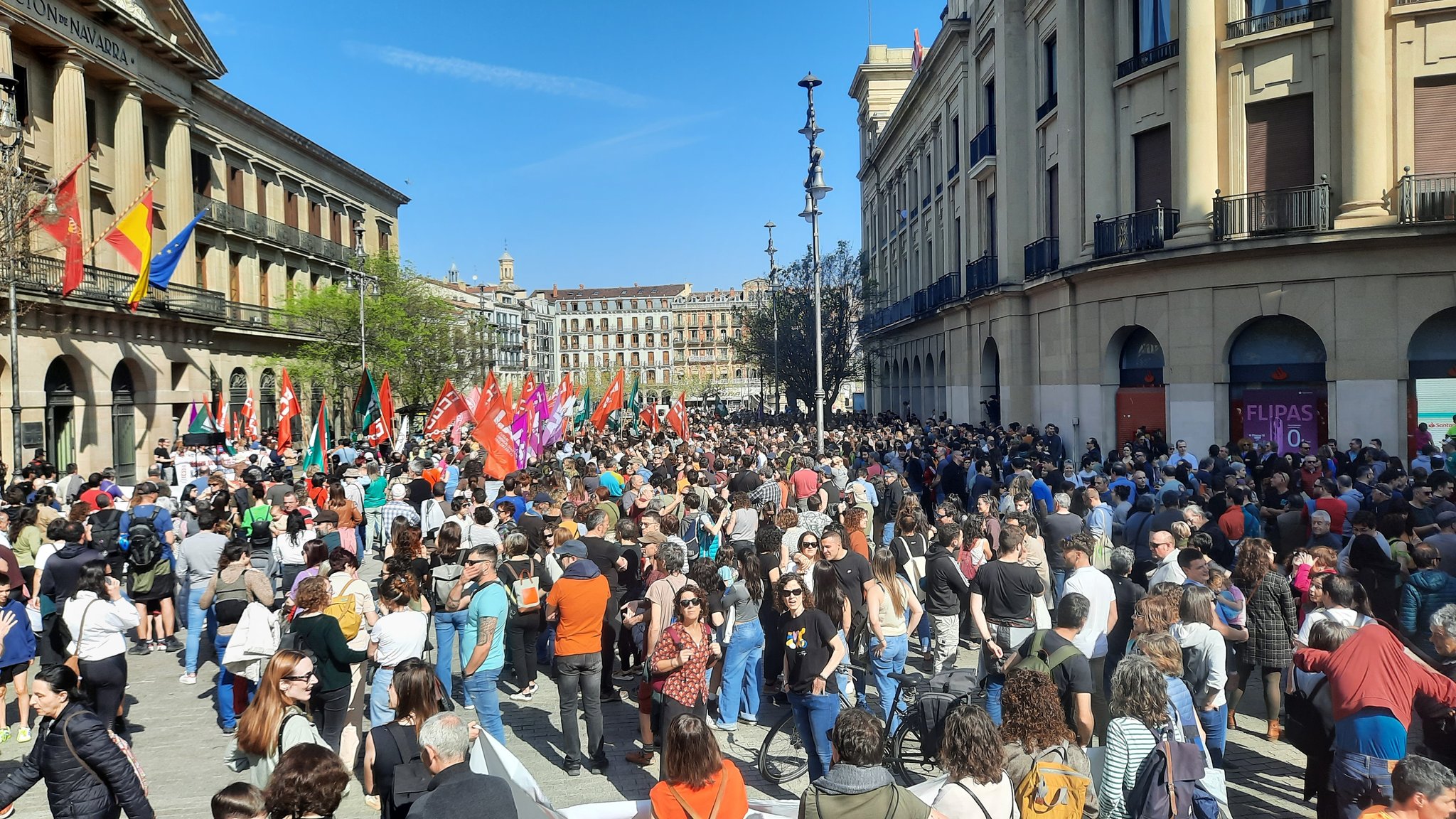
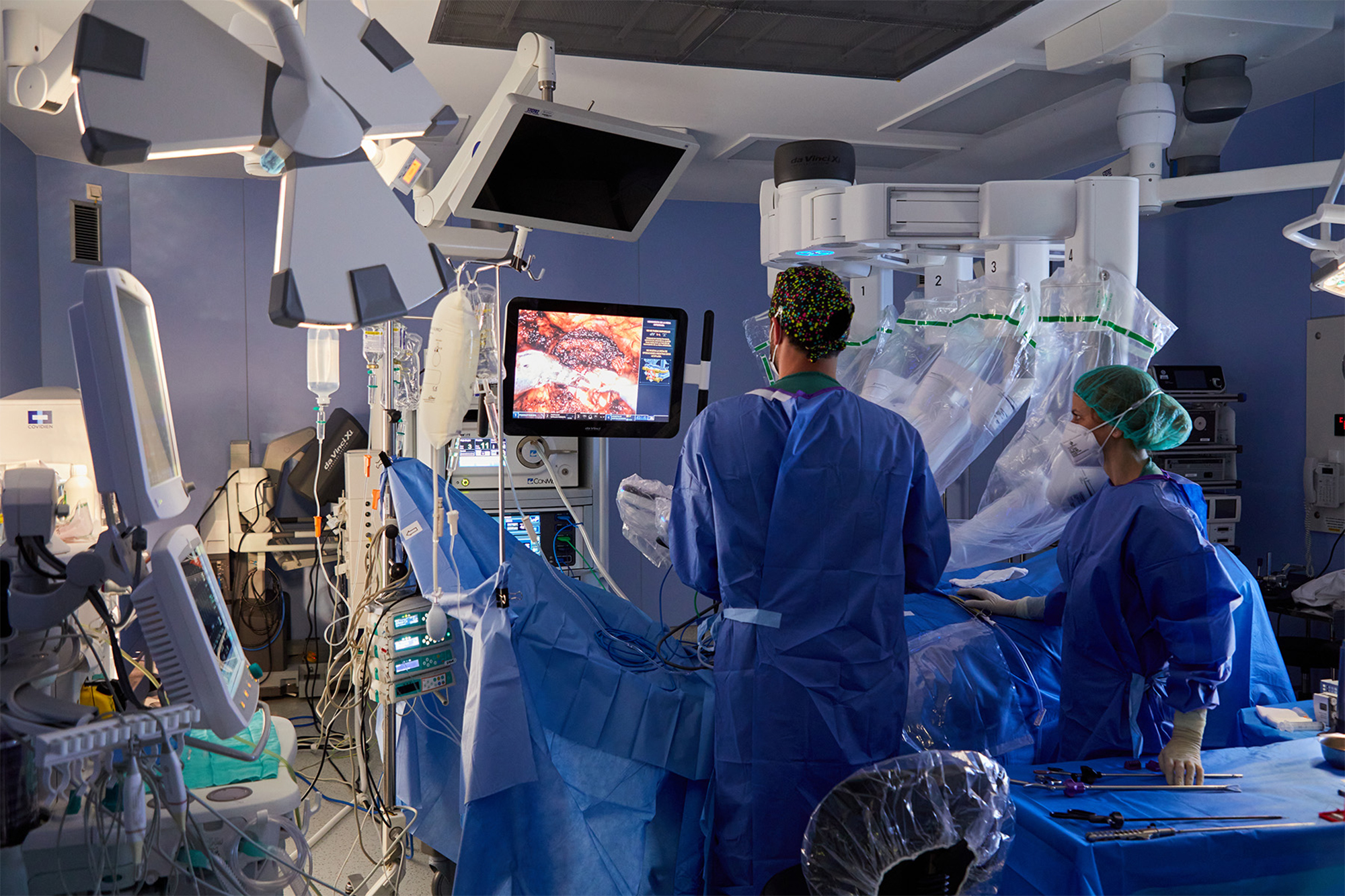
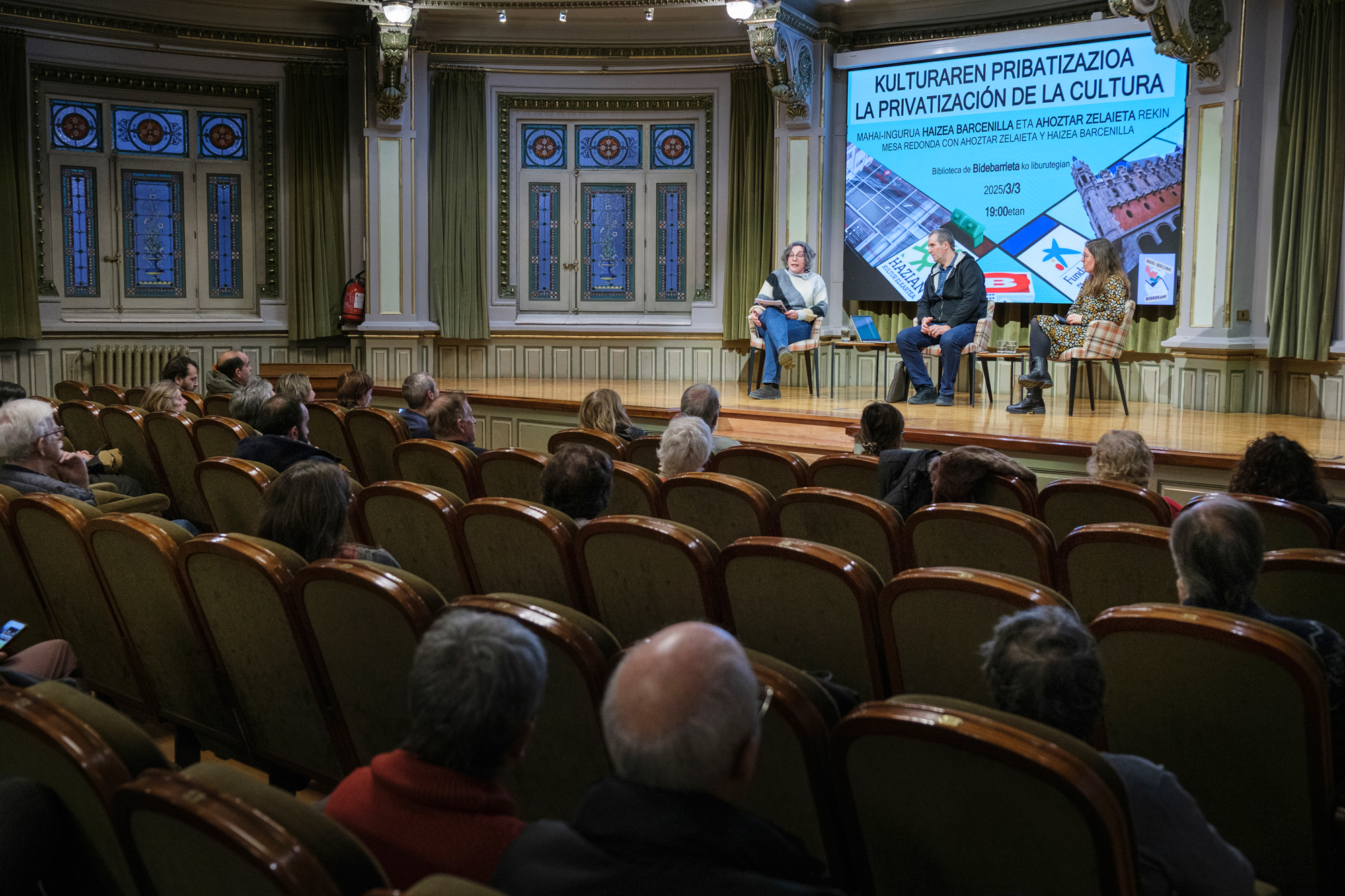



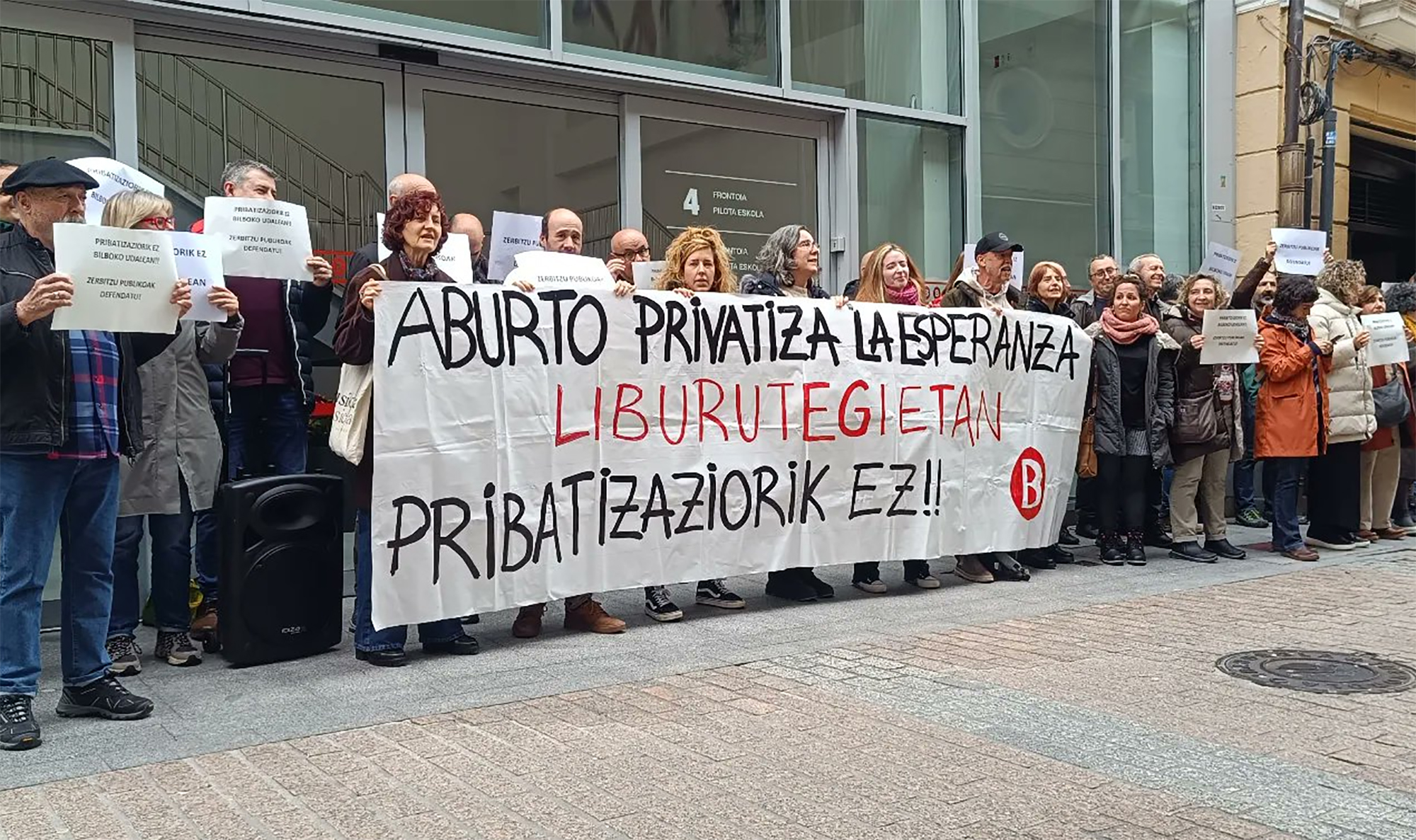
.jpeg)


